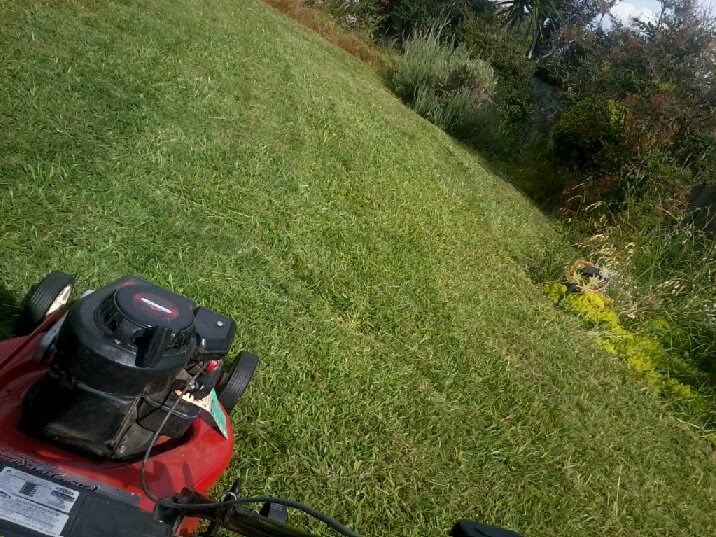This is a tribute to all those in Squamish struggling with or recovering from addiction and their families. If we aren’t battling an addiction ourselves, we know someone who is — even if we think we don’t.
Drug users are your friends, your family, your kids and your workmates.
Alcoholism and trauma casts a shadow on my own family so I see the long reach both can have and the secrecy both prefer.
But addiction and trauma have less of a chance of taking us down if we talk about them.
Recovering addict and advocate Garth Mullins says that rather than images of discarded needles — which often accompany stories about the current opioid overdose crisis — a more accurate image would depict someone mowing their lawn in the suburbs.
None of us is immune.
For some, it can be hard to understand why others would risk their health, jobs and live for a hit.
Mullins explains what an opioid does for the user in a way that makes more sense than anything else I’ve heard.
He said that for many addicts, drugs get them to “normal.”
It shuts off the “howling” noise of self-loathing or the pain from earlier traumas, be they emotional or physical. “It is not a party. It is not a good time,” he said.
Most people who die of overdoses do so at home, alone, according to a recent coroners’ report.
Mullins points out too that in modern society, people can feel very disconnected and isolated due to the constant struggle to fit in or to make ends meet. Opioids quiet that inner howling, at least for a short time.
So when an addict wants to stop, he is not only facing the hell of withdrawal — that feels like the flu times 100 — he is volunteering to go back to overwhelming mental or physical pain.
It is a wonder anyone gets clean and stays that way.
Those who can’t stop using are paying with their lives. At least eight individuals died in the corridor of an opioid overdose in 2017 according to our mayor.
There is help. Opioid substitution therapy has shown to be one of the first steps to recovery. PharmaCare covers 100 per cent of opioid therapies.
If you need help, a quick online search will turn up local services.
If you don’t have access to the internet, call 8-1-1, to speak to someone who can help you find services; or connect you with a nurse.
If you are a family member or friend of an addict, Squamish author Graham Fuller’s words come to mind. His son, Luke, died of an overdose about 20 years ago and Fuller says self-care is essential. The addiction will take bystanders with it, so be kind to yourself. And both addicts and their families need to understand — they are not alone.



